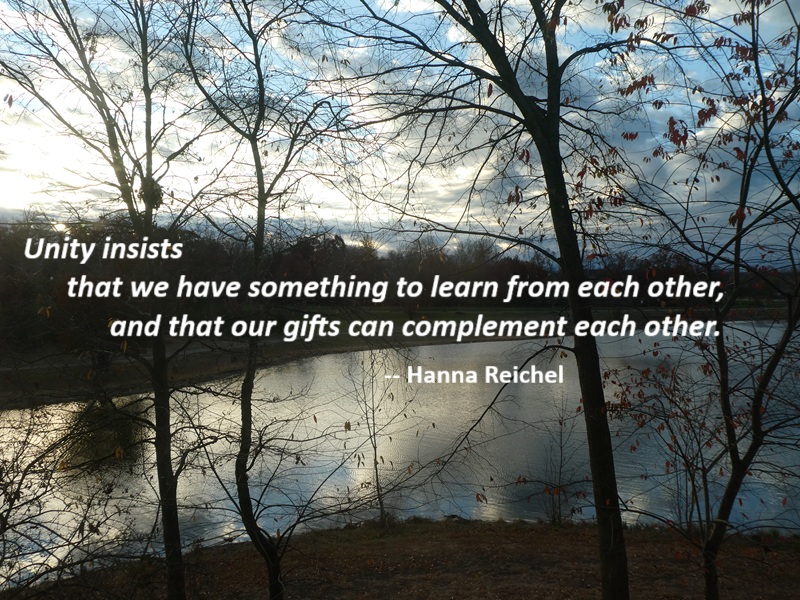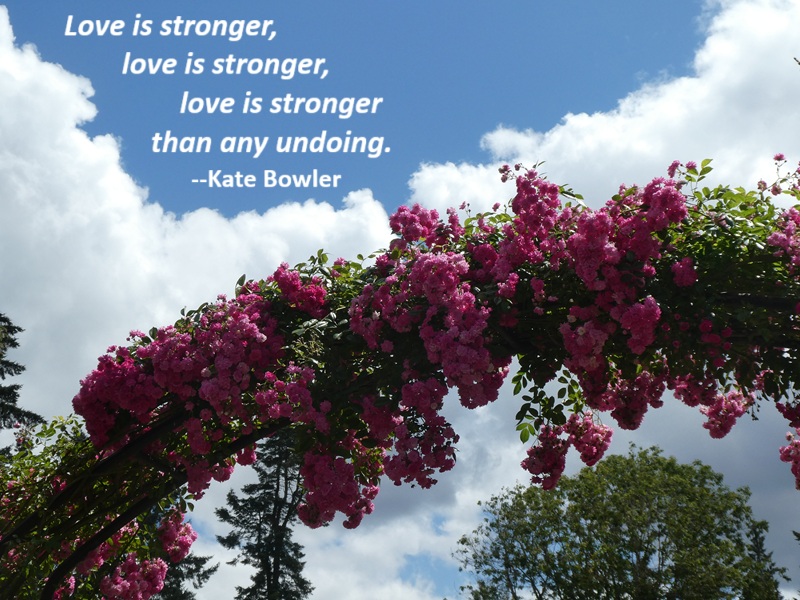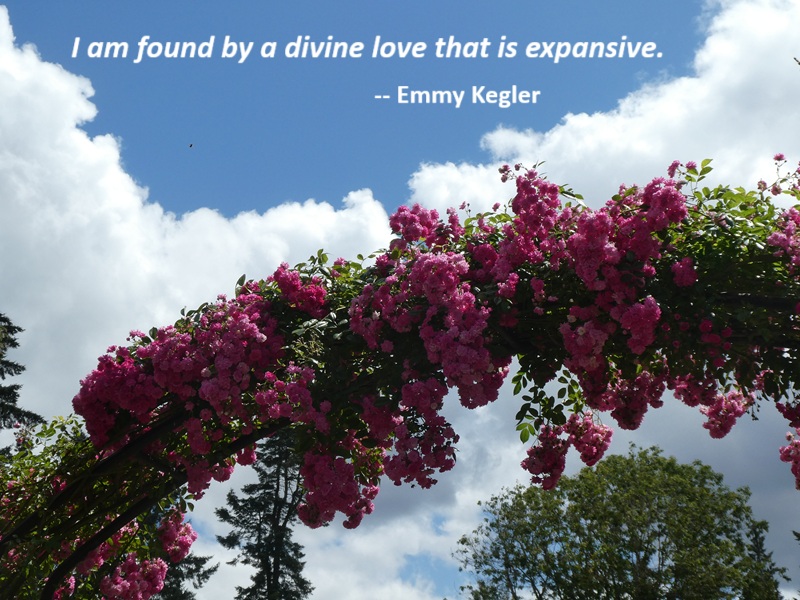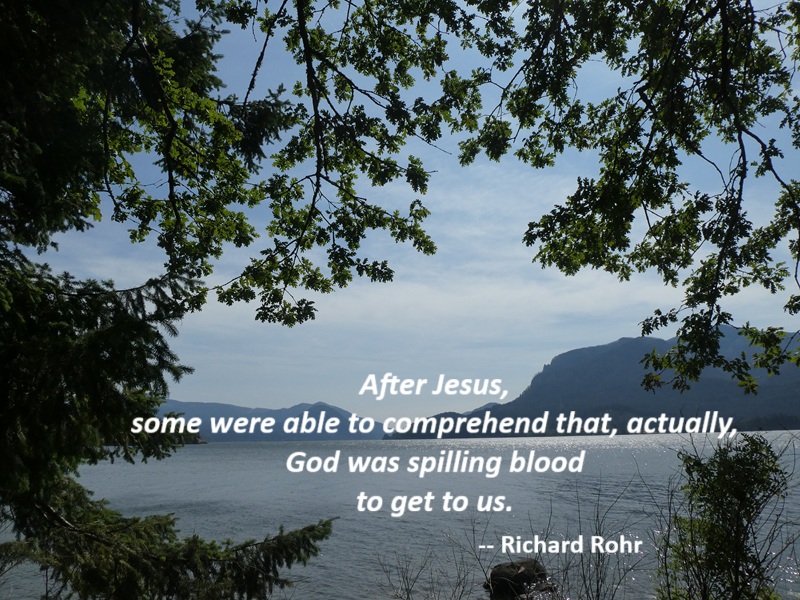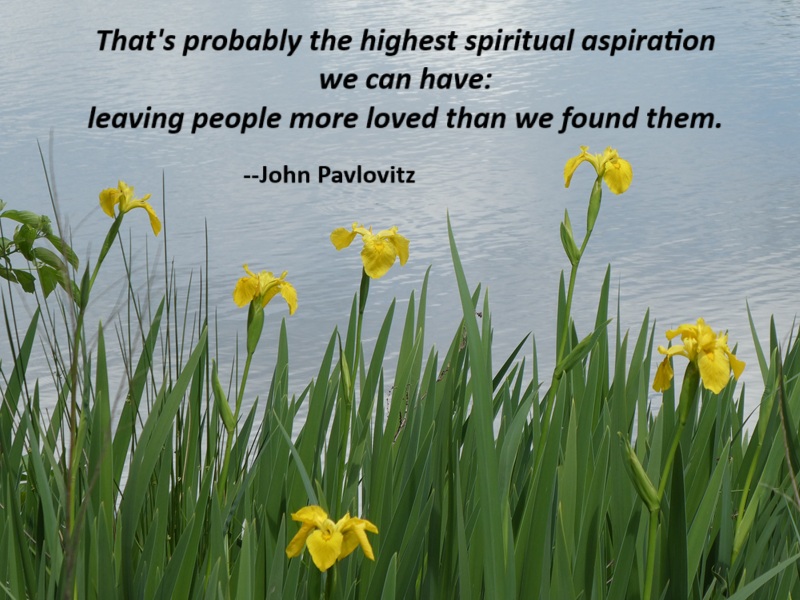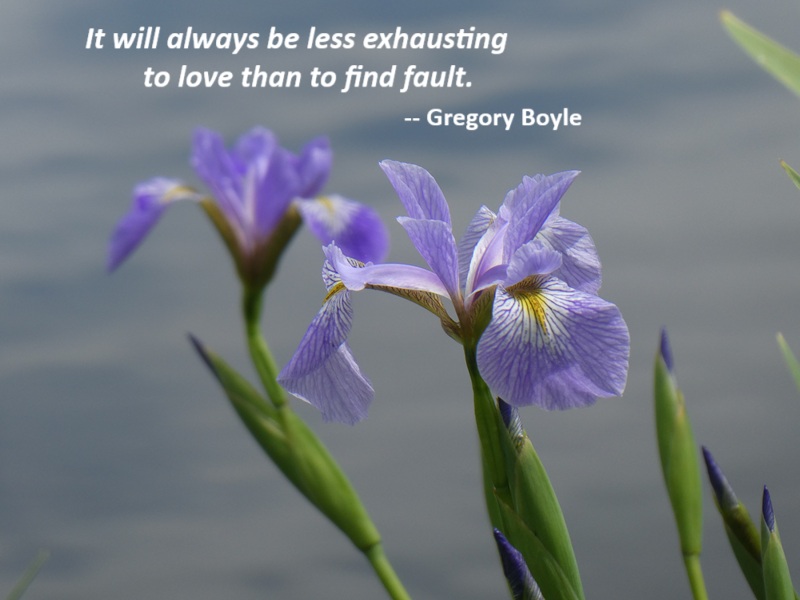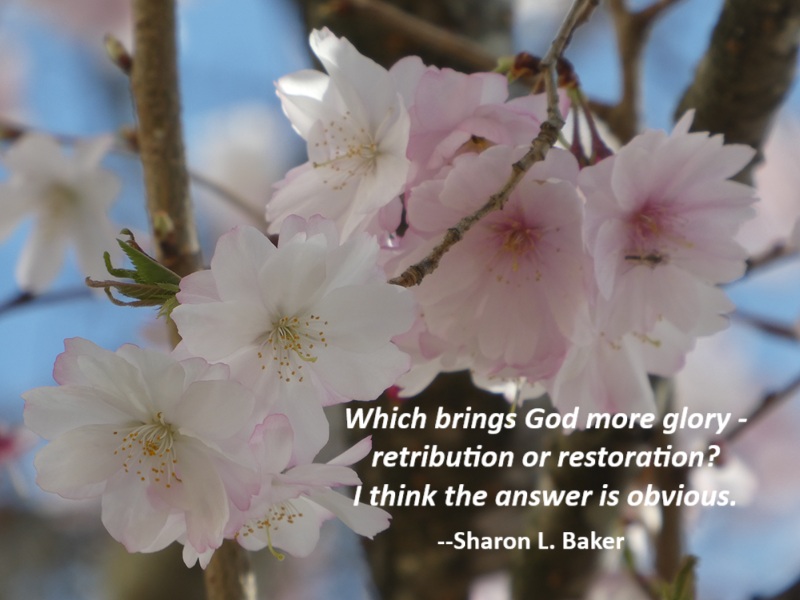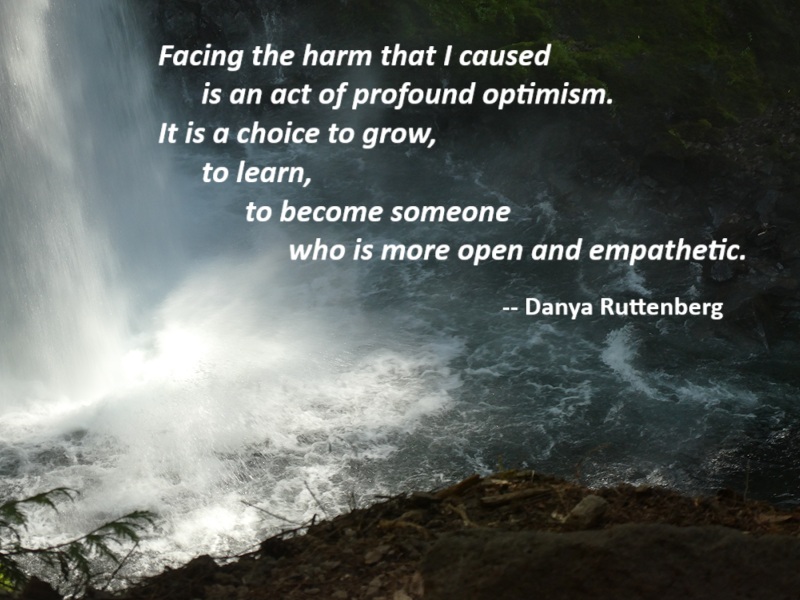
The reason to do repentance work is not because you are BAD BAD BAD until you DO THESE THINGS but because we should care about each other, about taking care of each other, about making sure we’re all OK. Taking seriously that I might have hurt you — even inadvertently! even because I wasn’t at my best! — is an act of love and care. It is an opportunity to open my heart wider than it has been, to let in more empathy, more curiosity about how my choices or knee-jerk reactions have impacted you, have impacted others. To care about others’ perspectives. To let your experience matter, deeply, to me. To look at another person — or a community, or a team of people — and say: Where are you? What are you feeling and experiencing now, and how might I have (even unwittingly) brought you pain or difficulty? And to care about making that as right as I can.
It’s an act of concern. And facing the harm that I caused is an act of profound optimism. It is a choice to grow, to learn, to become someone who is more open and empathetic.
It’s also important to remember that sincere repentance work isn’t the same as self-flagellation — in fact, the latter can become a convenient way to stay stuck in inaction. We probably all know at least one person who, when told they have done something harmful, will go deep into their feelings and their reasons and the ways they were acting out of their pain, and they feel so bad and they know that it’s so not OK and on and on. And yet — they don’t focus on the needs of the person they hurt, and they don’t do the work of change.
— Danya Ruttenberg, On Repentance and Repair, p. 58
Photo: Falls Creek Falls, Washington, June 16, 2025

